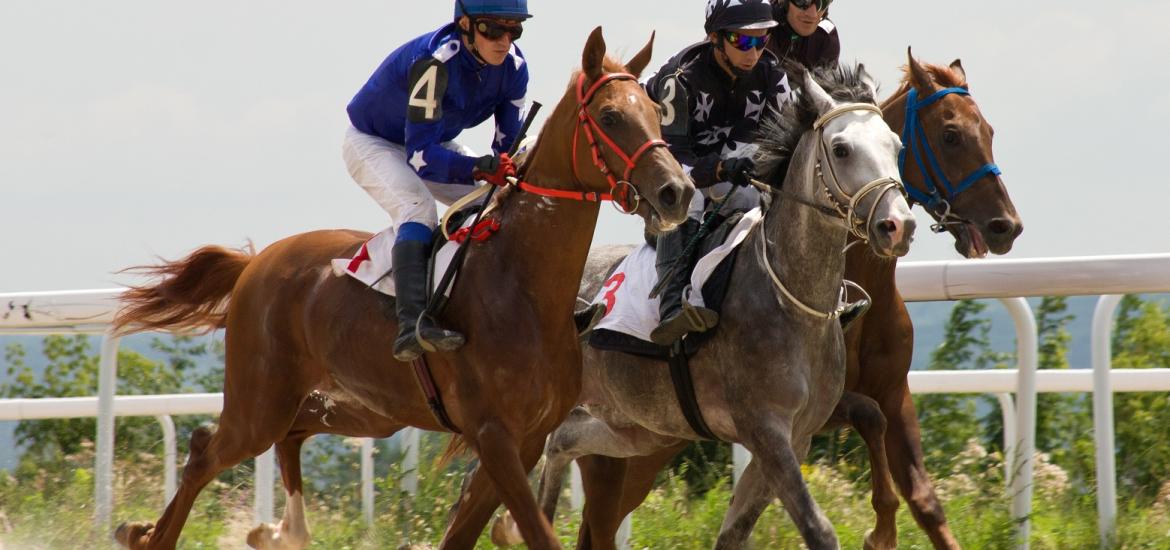
ASH 2023 – J&J makes menin a three-horse race
But JNJ-75276617 still has much to prove.
But JNJ-75276617 still has much to prove.

When data first emerged on Johnson & Johnson’s JNJ-75276617, in an ASH abstract, it looked like the group’s menin inhibitor rivals didn’t have too much to worry about. Updated phase 1 results in relapsed/refractory AML, presented today, suggest that the project might not be all that different from Syndax’s revumenib and Kura’s ziftomenib.
Interestingly, JNJ-75276617 showed similar efficacy across both genetic subtypes in which menin inhibitors are being trialled, patients with KMT2A rearrangements or NPM1 mutations; ziftomenib monotherapy has not shown activity in the former.
There are still unanswered questions, including which dose J&J will take forward; the recommended phase 2 dose has not yet been determined.
And, as with the other menin inhibitors, there are worries about side effects. Neutropenia was one of the most common adverse events seen with JNJ-75276617, occurring in 12% of patients.
While Kura has not reported this as a common adverse event with ziftomenib, it has also been seen with revumenib, notably in the KMT2Ar cohort of the Augment-101 trial: an ASH abstract details a 14% rate of grade 3-plus febrile neutropenia. More revumenib data are due to at a late-breaking ASH session on Tuesday
As for other notable side effects, rates of differentiation syndrome (DS) appear lower overall with JNJ-75276617 than the other two projects. There was one DS-related death with JNJ-75276617 once-daily dosing, but after the study switched to twice-daily and step-up dosing DS became “manageable”, according to Dr Elias Jabbour of MD Anderson Cancer Center, who presented the data.
There was also one case of QTc prolongation classed at a dose-limiting toxicity.
Perhaps things will become clearer once an ideal dose for JNJ-75276617 is nailed down, but for now menin inhibition has become a three-horse race.
Cross-trial comparison of menin inhibitors
| Company | Johnson & Johnson | Syndax | Kura | |||
|---|---|---|---|---|---|---|
| Project | JNJ-75276617 | Revumenib | Ziftomenib | |||
| Trial | 75276617ALE1001 | Augment-101 | Komet-001 | |||
| Subgroup | NPM1m | KMT2Ar | NPM1m | KMT2Ar* | NPM1m | KMT2Ar |
| Data cut off | 25 Oct 2023 | 31 Mar 2022 | 24 Jul 2023 | 12 Apr 2023 | Feb 2023 – monotherapy cohorts discontinued in this setting | |
| ORR | 50%** | 42%** | 36% | 63% | 45% | |
| CR at RP2D^ | 21%** | 27% | 23% | 35% | ||
| QTc prolongation | Not given | Not split out*** | 23% (14% at gr3+) | None reported | ||
| Differentiation syndrome | 12% (5% at gr3+) | None at gr3+ | 27% (16% at gr3+) | 20% (5% at gr3+) | ||
| Neutropenia | 12% (11% at gr3+) | Not split out | 14% gr3+ febrile neutropenia | Not given | ||
| Source | ASH 2023 | ASH 2022 | 2 Oct 2023 event/ ASH 2023 abstract | EHA 2023 | ||
Notes: *the registrational cohort includes 8 patients with ALL, with the remaining 49 having AML; **in 45-130mg BID cohorts (RP2D not yet determined); ***across both cohorts and all doses grade 3+ QTc prolongation was seen in 13% of patients at ASH 2022; ^CR defined as CR+CRh.
2652













